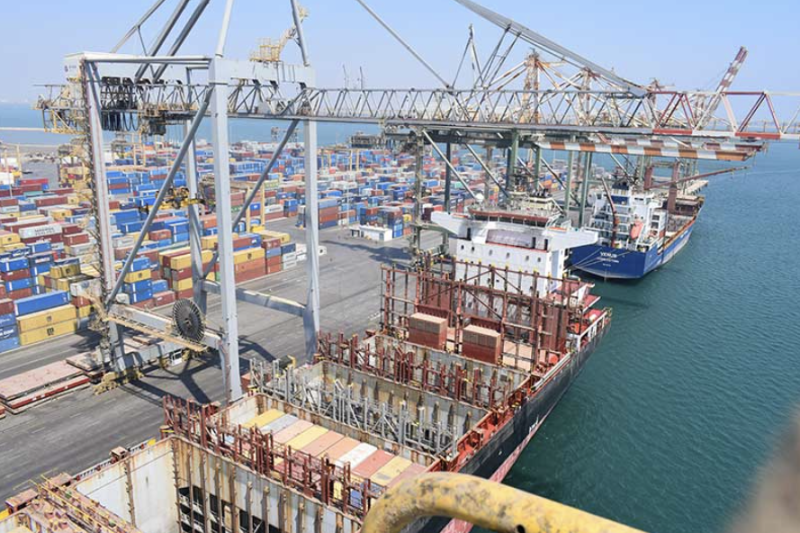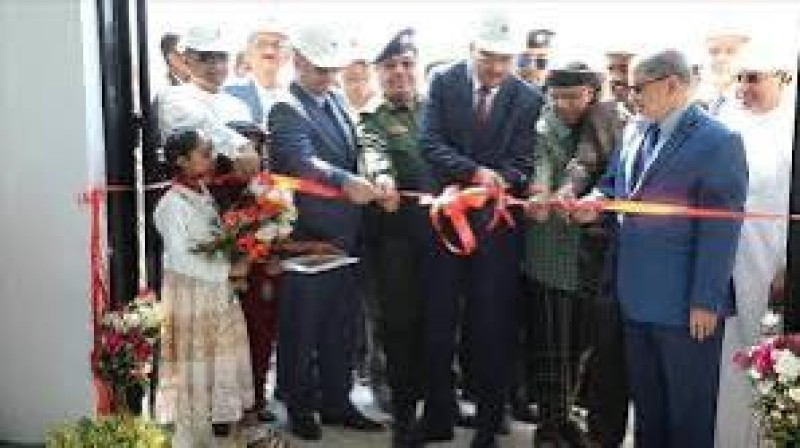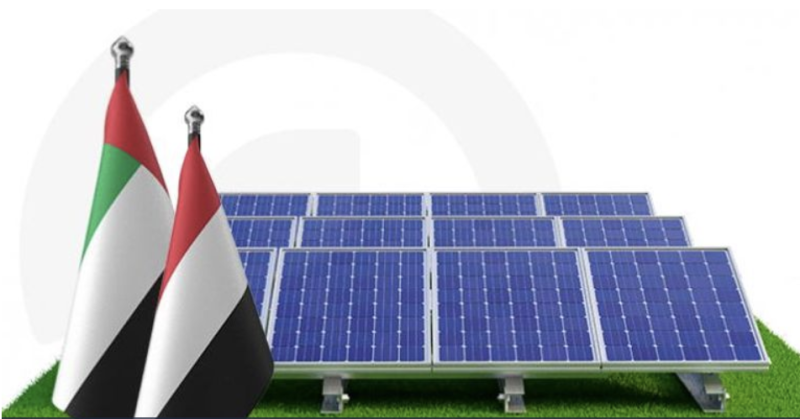Escalation in Yemen: Civilians pay the price of the recent increase in fighting.


The human toll of the armed conflict in Yemen continues to grow, with an estimated 40,000 people in Ma’reb and more than 10,000 in Hodeida forced to leave their homes since September in search of safety. Continuing military operations along several front lines and mines threaten the lives and livelihoods of civilians as well as their access to essential services, including water, food, healthcare and education.
The Head of the ICRC Delegation in Yemen Katharina Ritz witnessed the dramatic impact of the fighting on both sides of the front lines firsthand this month. "Acts of violence against civilians and people under the control of the parties are not only violations of international humanitarian law, they negate the basic principles of humanity," she said after visiting ICRC teams working to assist frontline communities in Ma’reb and Hodeida. " Even in the midst of battle, fighters must protect the lives and wellbeing of civilians and of those who stopped fighting."
Many of the displaced have left their homes with nothing and struggle to secure decent shelter and access to overstretched services for themselves and their families. "Those affected by the fighting and the newly displaced need help urgently”, Mrs. Ritz said. “Some families were forced to move several times and are exhausted. The ICRC urges all parties to the ongoing conflict to limit human suffering by protecting civilian property and essential infrastructure, including health facilities and waterworks, by letting the displaced shelter in safe places away from the fighting and by providing all those working to assist people in need with unconditional and safe access.” As fighting intensifies and displacement continues, this remains a critical message.
Healthcare across the country has been hit particularly hard by the protracted conflict in Yemen and is now further strained in both Ma’reb and Hodeida by the upsurge in fighting. Many hospitals and health centers lack staff, drugs and other supplies, leaving them unable to cope with conflict casualties and other increasing needs.
**Since the beginning of the year, the ICRC has scaled up its humanitarian response in partnership with the Yemeni Red Crescent Society (YRCS) in Ma’reb and Hodeida Governorates to respond to the most pressing humanitarian needs, including by: **
In Ma’reb:
Providing food and non-food items to more than 20,000 newly displaced people, including 500 water tanks for communities in need, in cooperation with the YRCS.
Supplying major hospitals receiving casualties from both sides of the front lines with surgical materials, medical supplies, and other forms of support to treat the wounded, including Ma’reb General Hospital, Ma’reb Military Hospital, hospitals in Al Juba and Al Abdiyah as well as Al Thawra Hospital in neighboring Al Bayda.
Delivering essential supplies to these hospitals to support the proper and dignified management of the dead, including body bags, personal protective equipment such as gloves, aprons and masks as well as disinfection materials.
Supporting the YRCS in transferring by ambulance patients wounded or killed during the fighting to appropriate referral facilities.
Together with the YRCS, providing health services to more than 17,000 patients through support to primary health care facilities.
Assisting 200 families to increase their agricultural production to create revenue and boost local food supplies.
Promoting respect for International Humanitarian Law and the rights of civilians and detainees through workshops with arms carriers.
Supporting the YRCS conducting mine risk education sessions for more than 5,366 beneficiaries in and around Ma’reb.
Helping families separated because of the war to stay in touch or reunite, through the exchange of Red Cross messages and assisting 26 minors to return to their homes in collaboration with the YRCS.
In Hodeida:
Providing food and non-food items to some 50,000 vulnerable people affected by the ongoing conflict, in cooperation with the YRCS.
Together with the YRCS, supporting 6,900 families in Bait Al Faqih and Bajil with cash assistance to help them cope with the economic strain, with another 800 families displaced during the latest events due to receive emergency cash assistance in southern Hodeida.
Emergency cash assistance to 300 families displaced over recent days from Hodeida to Mokha in cooperation with the YRCS.
Continuous support to Bajil Rural Hospital - including medications, equipment, fuel and incentives.
Regular support to Al Thawra Hospital in Hodeida City with medications, surgical and hygiene materials as well as referral services for orthopedic patients in need of prosthetic limbs.
Medications and surgical materials for Hays and Zabid Hospitals to deal with a sudden influx of casualties over recent weeks and fuel deliveries and other support for Zabid Rural Hospital, Al Husseiniyah Primary Health Center, the Dialysis Center and Al Thawra Hospital.
Provision of medication and hygiene materials to four Primary Health Centers in southern districts that ensure around a thousand consultations each per month for the community.
Supporting the YRCS in transferring by ambulance patients injured or killed during the fighting to appropriate referral facilities - Support to the local Water and Sanitation Corporation to maintain equipment and vital installations in Hodeida City and upgrade the water network and wells in Bajil, Al Marawiyah and Zabid.
Further to what has been mentioned above, during the month of October and November, the ICRC in partnership with the YRCS has assisted more than 54,500 people in Al Dalea governorate with food, essential household items and cash assistance, while In Abyan governorate another 4300 persons were assisted with cash assistance. In Taiz governorate more than 33,500 persons were supported with cash relief assistance and another 18,200 people in Saada governorate received food assistance.

Aden — Ports under the authority of Yemen’s internationally recognized government have received more than two million metric tons of fu…

Mukalla — Local authorities in Hadramout have announced the inauguration of Yemen’s first solar-powered cement station, a landmark proj…

AbuDhabi -- The United Arab Emirates has pledged $1 billion to bolster Yemen’s electricity sector, marking one of the largest development com…